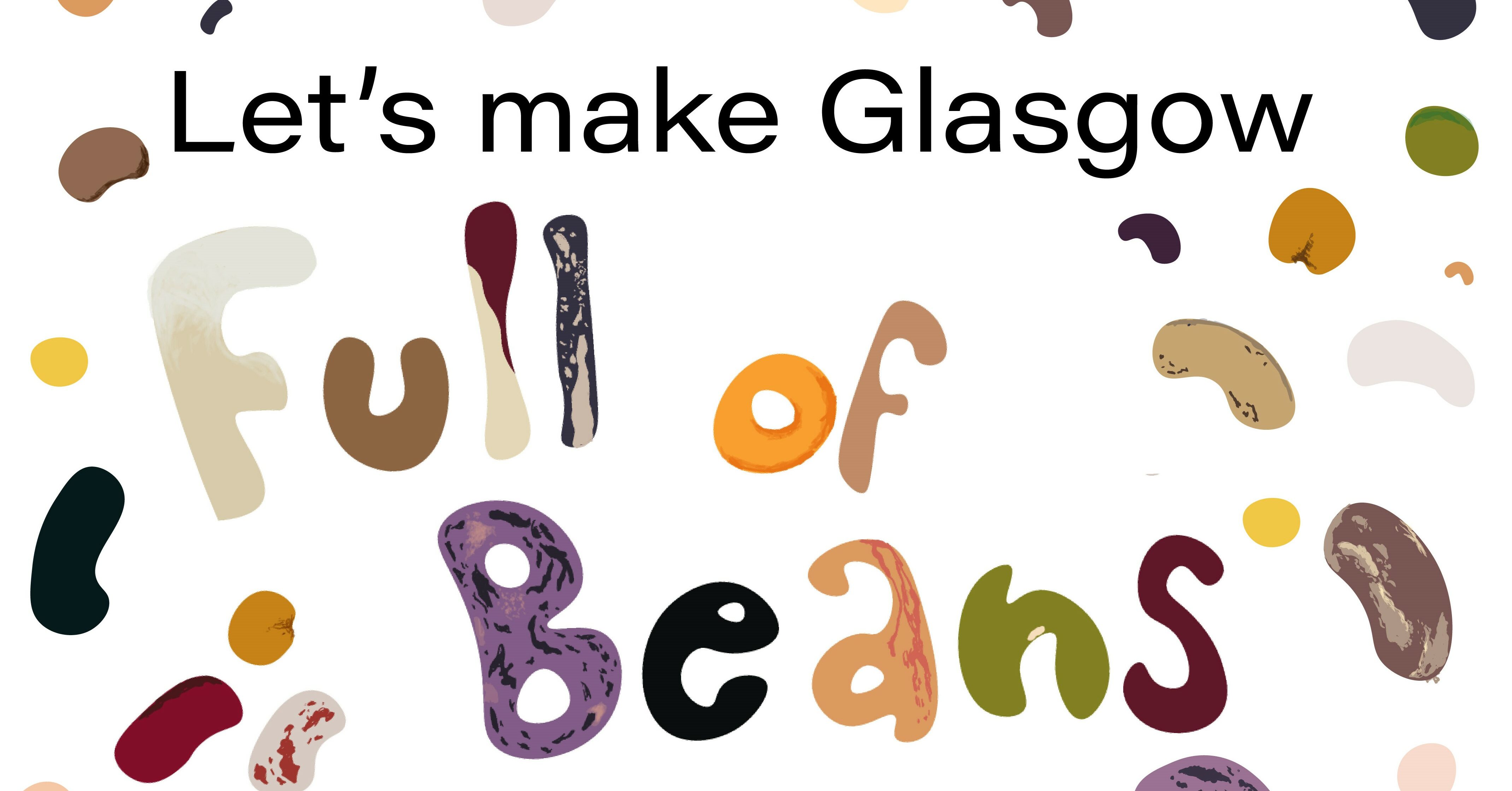22 February 2024

By Rebecca Ricketts
In recent years, there has been a significant shift in consumer preferences towards increased plant-based diets, with beans, pea, legumes, and pulses stepping up to the plate. This move has been driven by a growing awareness of the environmental and health benefits of what we eat, as well as a desire to incorporate more sustainable and ethical food choices into our daily diets.
As our dietary preferences have evolved, Glasgow’s hospitality and food service businesses have recognised that listening to customers makes business sense and that incorporating more plant-based options into their menus not only helps bolster the bottom line but also helps them on their journey to become net zero.
With a recent study suggesting three in five (61%) of consumers wanted more opportunities to experiment with plant-based meat alternatives in their meals (Kantar, 2022). Many of our city’s venues, such as Mono, Stereo and Sprigg, incorporate plant-based items within their existing menus. As a result, businesses are attracting new customers, increasing frequency of visits and, in turn, increasing check sizes.
Not only are businesses attracting new customers, but foods such as pulses offer greater versatility to menu choices, from soups and salads to entrees and dessert. Stored correctly, pulses are also less perishable with a longer shelf life than animal products, and being cheaper, they also offer larger profit margins giving a much-needed boost to an organisation’s bottom line.
And the business benefits don’t stop there. From production to consumption and waste, food is responsible for one third of our greenhouse gas emissions. (Ellen MacArthur Foundation, 2022). Coupled with the Scottish Government’s ambitions to reach Net Zero by 2045, what we eat will play an increasingly critical role in terms of tackling our growing climate crisis.
Recognising these challenges and committed to acting, over 100 Glasgow’s hospitality owners and head chefs participated in two recent Glasgow Chamber of Commerce led, circular economy themed campaigns, Plate up for Glasgow (2021) in the lead up to COP26 and Grounds for Recycling (2023) during the UCI World Cycling Championships. Both campaigns highlighted the issue of global food waste and its impact on our environment and the local economy, while providing tangible steps for businesses and customers in their homes to play an active role in reducing greenhouse gases.
Full of Beans offers yet another innovative platform for businesses to continue their journey to net zero. According to the Net Zero Restaurant Initiative, created in partnership with the Sustainable Restaurant Association and Net Zero Now, if a restaurant replaced just 10% of its meat use with plant-based options, such as beans, it could potentially save 350 tonnes of carbon per year, equivalent to greenhouse gas emission emitted by 76 cars being driven for a year. (Net Zero Restaurant Initiative, 2022).
Conscious of the environment, my health, and the spiralling costs of my weekly food shop, Full of Beans has inspired me to think about more ways I can incorporate beans, peas, legumes, and pulses into my own diet, whether that be eating at home or enjoying a meal out. One of my favourite hacks is simply bulking out my homemade stews and casseroles with a can of mixed beans. Delicious, cheap, and great for making sure I have healthy leftovers for a quick and easy dinner later in the week. What’s not to love! For more inspiration why not check out the rest of the Full of Beans webpage and lend your support by helping to get #beansonthemenu
